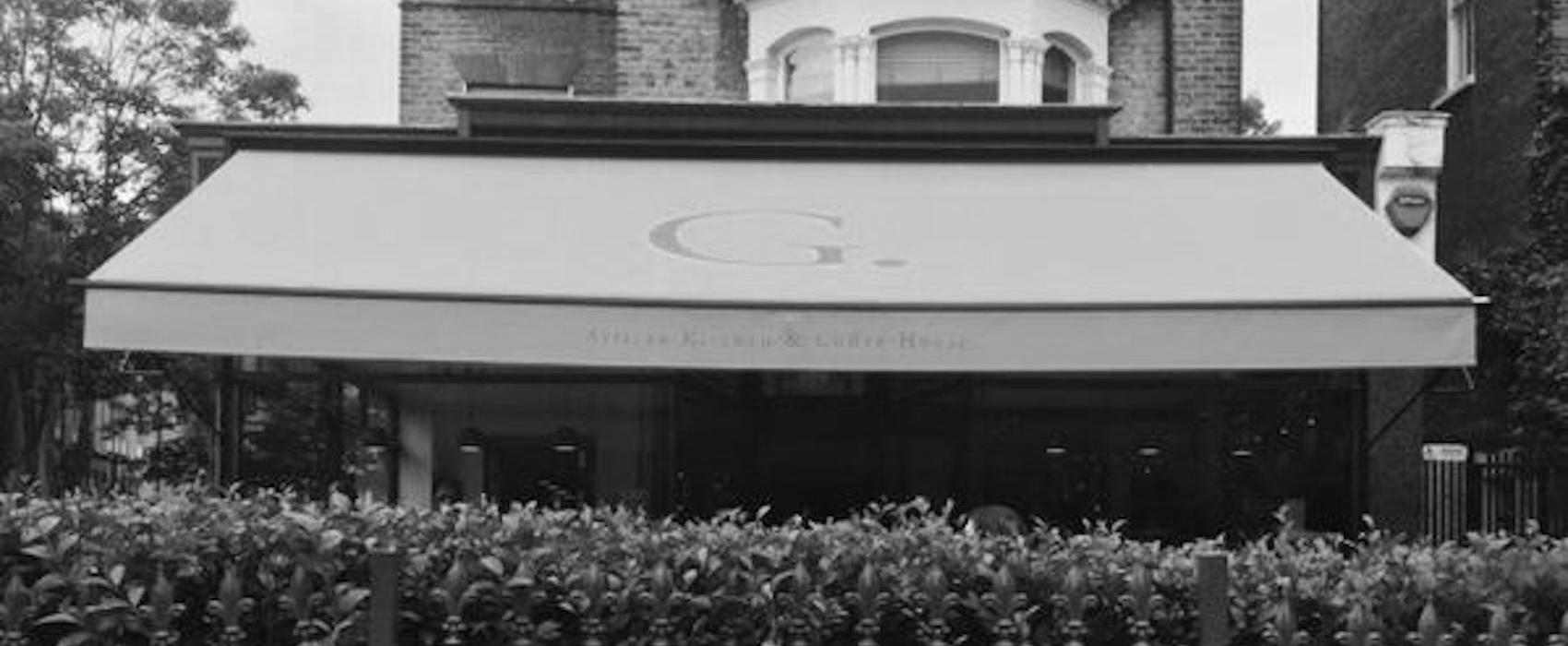A heady sense of relief comes with the shift from a perspective about how we change things – one that could be likened to pushing your head against a wall – to one in which change is a given, something to be worked with. If, as Paul Mason and others argue, we are in a 500-year cycle that will see capitalism reaching the end of the road, the necessary shift in focus from how the system can be challenged to how we respond to this new, emerging situation is a potentially liberating one.
Today I walked across the park to Cafe G – it changed hands a while ago but this is the first time I’ve been here. During the past couple of days, sadness has come over me in waves, and I was feeling fragile and slightly trembly about the world when I set out. By the time I arrived here, though, it had dawned on me that, as well as sadness, there was also a feeling of frustration. I put this down to the fact that I want to move on somehow, want to begin to imagine and rebuild my life, but my current perspective mitigates against this in so many ways. To continue with the theme of the last post, I want to move to another tree, another part of the wood, but the one that represents loss and sadness remains a strong presence, and I find myself returning there often. At the moment, the difficulties I’m experiencing seem to fall into two categories: One is my inability to imagine a better life, or keep it in view if I do, and secondly, I don’t feel I have the energy or inclination to do what’s needed to bring it about.
I’ve reached a pivotal stage in Paul Mason’s book Postcapitalism, in which, after raising the possibility that our current economic system is not fixed or immovable, he begins to address the question of transition:
When you realize that capitalism, once, did not exist – either as an economy, or a value system – a more shocking thought arises; it might not last forever. If so, we have to get our heads around the concept of transitions, asking: what constitutes an economic system and how does one give way to another?
Since the early days after losing Mark, I’ve felt that it was important to focus on questions of change, to look for signs of new politics emerging, to understand devastation and loss not just in relation to the personal, but also in relation to wider society. I think often of the miners and the destruction of the coal industry, their communities. I think of Greece, where people have suffered terrible loss and Detroit, a city pillaged by its leaders and bankrupted. These seem like good locations in which to map what might emerge from such endings.
Mason promises a ‘project plan’ for moving the economy beyond capitalism later in the book, pointing out that a problem we face is the lack of models for transition from one economy to another. When it comes to planning such a shift, all we have is the experience of two very different events: the rise of capitalism and the collapse of the Soviet Union, he argues:
Twenty five years of neoliberalism have forced our thinking about change to become small. But if we are bold enough to imagine we can rescue the planet, we should also imagine rescuing ourselves from an economic system that doesn’t work. In fact the imagination stage is critical.
It could be that in order to enter the imaginative phase, we need to deal with the pain and hurt that prevents us looking at the future with hope, as well as look at what motivates us. We may have to look at the damage that has been caused by the old system and its failures, in a way that parallels the process I need to begin if I am to find a new place in relation to the past that is lost and build a new life.

Leave a Reply
You must be logged in to post a comment.